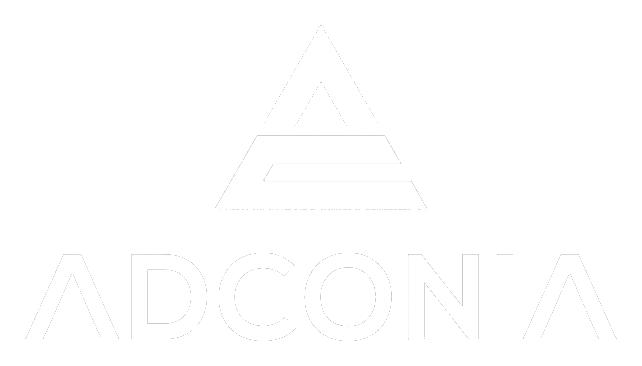CBAM – What´s that?
We have been dealing with supply chain transparency in customer projects and training courses on the subject, and not just since the German Supply Chain Compliance Act (Lieferkettensorgfaltspflichtengesetz – LkSG). And the topic of CO2 emissions, their measurement and impact on the company’s results has also become part of our daily business.
CBAM – A short-term EU regulation
In the third quarter of this year, however, another EU regulation was published in this context that only few had expected. The Carbon Border Adjustment Mechanism, or CBAM for short. The CBAM is an EU policy aimed at preventing carbon leakage and ensuring that companies inside and outside the EU operate on a level playing field when it comes to carbon emissions.
Pricing of CO2 emissions through the EU Emissions Trading Scheme (EU ETS) is central climate protection instrument in the European Union. The CBAM is intended to compensate for global competitive disadvantages of companies in the EU that arise as a result by means of a CO2 border tax and to prevent the relocation of greenhouse gas emissions to non-EU countries. So far, so good.
Far reaching impact
Large parts of German industry are affected. Namely, basically all companies within the EU that import the following products from non-EU countries:
- Aluminum
- Iron and steel
- Fertilizers, ammonia, potassium nitrate
- Electricity
- Cement
- Hydrogen, iron ore
In relation to our specific customer portfolio, this means that practically around 90% of our customers are affected. In the future, the number of affected products is expected to increase.
How does CBAM work?
In the future, EU importers will be required to purchase certificates corresponding to the CO2 price that would have been paid if the goods had been manufactured in accordance with the EU rules for pricing CO2 emissions. CO2 prices already paid during production in other EU countries can be credited to the EU importer.
For the determination of the emission values
- Standard values of the CO2 emissions of the respective goods can be used or
- the CO2 emissions generated for the specific manufacturing process can be substantiated by evidence provided by the respective manufacturer
The implementation will take place gradually from 01.10.2023, starting with a documentation and reporting obligation for the importing companies.
Companies must report first, pay later
From 01.10.2023 to 31.12.2025, companies must first calculate and document the direct and indirect emissions that occurred in the production process of the imported goods and report on them on a quarterly basis. The report contains data regarding the import volume of direct and indirect CO2 emissions emitted in other EU countries and the CO2 price paid in the country of origin, if applicable.
From 2026 onwards, offsetting certificates will have to be purchased for a fee.
Well thought, little prepared made
As good as the basic aim of the regulation is intended to be, the short-term implementation is problematic with little preparation time for domestic companies. There was very little time between the publication in August 2023 and the start of implementation in October 2023. Specific problems arise as follows:
- The responsible authority in Germany is unclear
- Procedural instructions exist in the short term only in English
- Legal uncertainty, especially with regard to the highly complex calculation and verification methods for differently highly processed products
- Implementation is very complicated with complex detailed regulations
- Data deliveries from third country suppliers must be agreed upon – the control does not lie solely with the companies within the EU in this case
- Very many „commonplace products“, such as screws, and thus also very many companies affected
- Irrespective of the material (value), extensive CBAM reports with almost 300 data fields must be prepared on a quarterly basis (reporting obligation already from reference value >150 € per material group)
In foreign trade, the following issues are also likely to require clarification:
- High CO₂ taxation of imported intermediate products impairs competitiveness of export industry
- Threat of trade conflicts – many countries criticize CBAM and demand exemptions or threaten to take legal action before the World Trade Organization (WTO) and countermeasures.
CBAM – Requested improvements
The list of required improvements is long and ranges from time deferrals to increased de minimis limits and an extended CBAM transition period to the achievement of internationally coordinated regulations. We will keep you up to date on how you can master the upcoming requirements.
ADCONIA – Consulting beyond the ordinary
As Adconia GmbH, we advise our customers with the experience of more than 250 projects from more than 20 years – in questions around purchasing, supply chain and the digitalization of processes. Our goal is always to increase the profit contribution of purchasing through cost reduction, process automation or the qualification of our customers‘ purchasing teams.
With a correspondingly broad wealth of experience, precise knowledge of everyday purchasing and a high level of professionalism, our consultants carry out training measures at eye level. We do this – depending on the requirements – both as a sparring partner for specialists and managers with many years of experience and as a trainer for seasoned purchasing professionals and young professionals.



